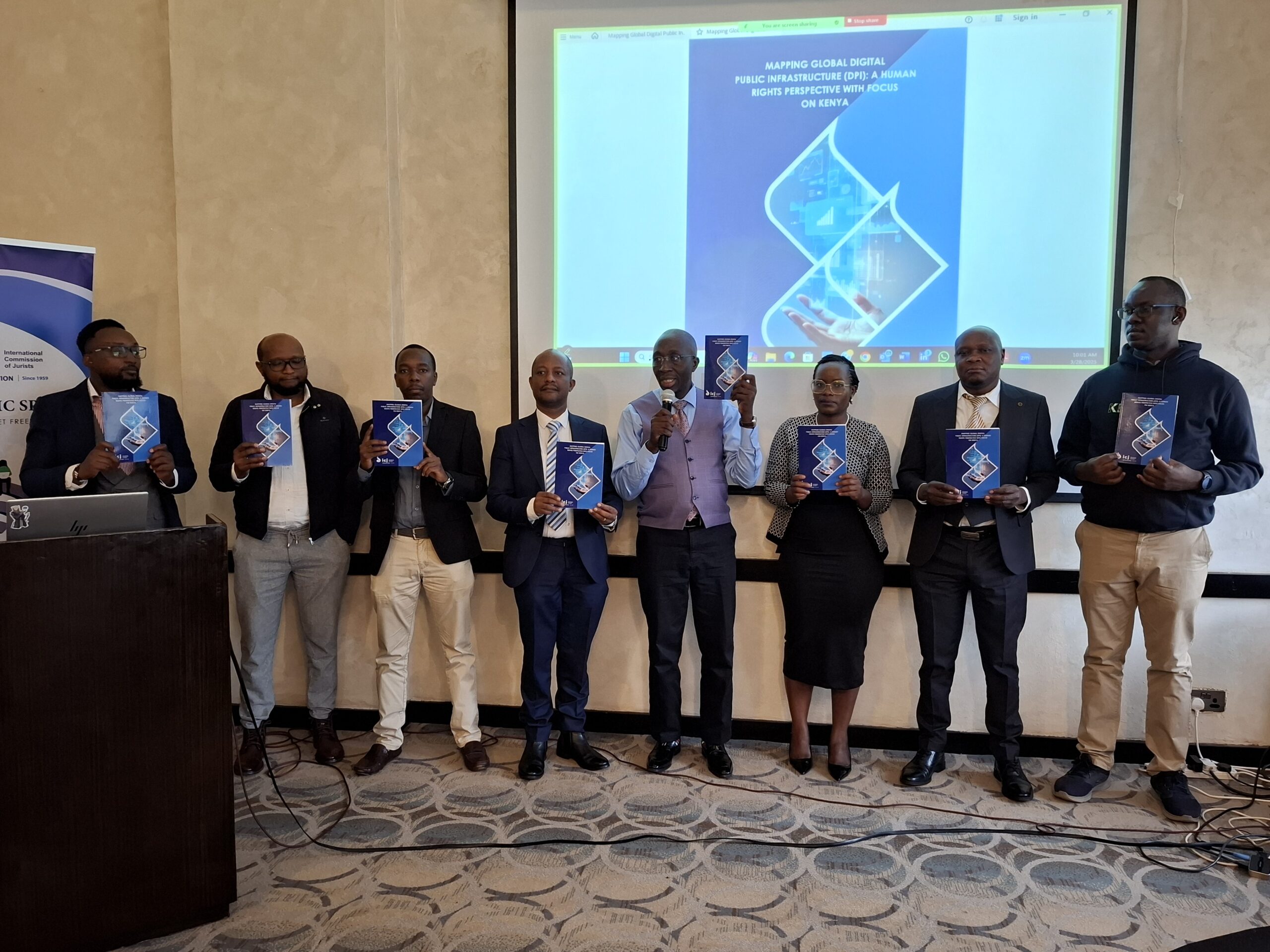NAIROBI,Kenya – The highlighting of submissions in the Worldcoin case, initially set for February 4, 2025, was postponed following a request from the Office of the Cabinet Secretary for ICT and Digital Innovation, which stated it had not been served with the required court documents.
As a result, the hearing has been rescheduled to March 5, 2025. Despite this delay, ICJ Kenya remains unwavering in our commitment to advocating for the safe design and deployment of digital public infrastructures, ensuring they align with human rights and data protection principles—particularly in cases involving the collection, storage, and transfer of biometric data.
Launched in 2022, Worldcoin is a cryptocurrency and digital identity platform that integrates blockchain technology, artificial intelligence, and biometric data.
The project offered $55 (approximately 7,000 Kenyan shillings) as an incentive for individuals to undergo iris scans, leading to over 300,000 Kenyans enrolling in the program. However, this initiative sparked significant concerns about the potential exploitation of economically vulnerable communities, many of whom may not have fully understood the long-term implications of sharing such sensitive biometric information.
Critics have raised alarms over the lack of informed consent and insufficient transparency regarding how the collected data would be used, arguing that these practices violate fundamental privacy principles. As a result, Worldcoin has faced legal challenges and enforcement actions in multiple jurisdictions, including Germany, Spain, Portugal, Kenya, South Korea, and Hong Kong.
In Kenya, the government suspended Worldcoin’s operations in 2023, citing violations of the Data Protection Act (2019). The Act mandates stringent safeguards for personal data and requires clear, explicit consent mechanisms for data collection.
The suspension underscores the growing global scrutiny of projects that handle sensitive biometric information and highlights the need for robust regulatory frameworks to protect individuals’ privacy and rights in the digital age.
This case serves as a critical reminder of the importance of ethical practices in the development and deployment of emerging technologies, particularly those involving vulnerable populations and sensitive personal data.











